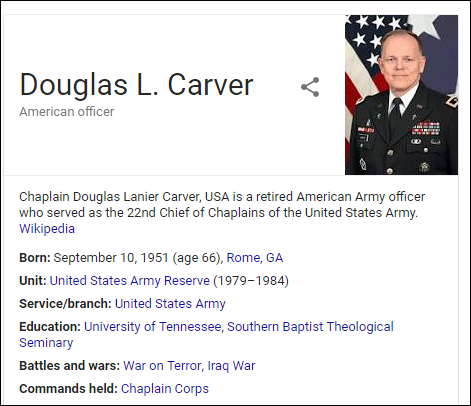Talking about fraud is not simple for many reasons. First, fraud can be
an everyday issue that is confused on many occasions with opportunism.
Secondly, many people think fraud only happens in the voting
booths or in the large corporations where the great economic disasters
take place. For some governments, people believe that all elections and
transactions are pre-determined. Between those who do not believe fraud affects
their daily lives and those who are engaged in fraud on a daily basis, there
has been little public support to engage in an active discussion on how to
eliminate this breach of ethics from our society. Today, it is necessary a social
awakening to face those who either little by little, or by a
lot have embezzled our economy.
Fraud has no size. There are no small, medium, or big frauds. Fraud
is fraud. The impacts and losses may only be measured quantitatively by the
monetary amounts, but the qualitative elements of time and emotional
burden that all victims face are just as serious no matter the dollar amount. Fraud
is immersed, or hidden, in many areas of our society.
Obviously, the companies are adopting preventive measures to mitigate this risk
in some way to protect themselves. However, every day we see how
fraudulent behaviors start when the rules of the most absurd events are
broken such as cutting a line or running a stop sign or red
light. In these cases, it is possible this conduct does not have measurable
impacts or losses, but somehow the mere dishonest attempt to obtain undue
advantage from another person or situation, even without generating a crime, is
fraud.
Hence, fraud, as a social phenomenon, is not always based on the
misappropriation of money but also the misuses of corporate assets as part
of such disastrous corporate events. In many cases, the calculation
of losses is very difficult to execute. Therefore, whoever borrows money from
the petty cash for their personal expenses during the week, is committing the
same act of fraud as those who took the money from all the investors
and concealed it in tax havens. Clearly, the impact of the losses is very
different in both cases due to the scope, method, and amount of money. However,
they are both equally immoral.
Media has helped to bring awareness to the most elaborate
frauds in our world. In these famous
cases, complex business structures, international
transactions, and property increases stand out as the most typical
characteristics. Nevertheless, in many cases, the full impact of the
fraud and its consequences is impossible to calculate even with the
best and most skilled forensic teams. Conversely, most of the frauds that
are discovered are not reported. Due to experiencing shame and pain, the
victims might not pursue prosecution against their fraudsters. Reporting
fraud to the authorities and creating media awareness may prevent the
perpetrators from continuing their corrosive practice and saving future
potential victims from these crimes.
The so-called small frauds committed every day in several companies
affect our community. When all these "small" frauds are added up, the total
consequences from these events are incalculable. Perpetrators increase their
fortune little by little at the expense of society. They think their
behavior has a sense and explanation, and they can live in timeless
anonymity with no legal consequences. Sometimes, in certain cases, they
can even be admired for their hoaxes. Fraud is fraud, and it has no size.
The economic consequences can be measured, but the ethics violation has no
price.
Edited by Christopher Bonk
Edited by Christopher Bonk

















